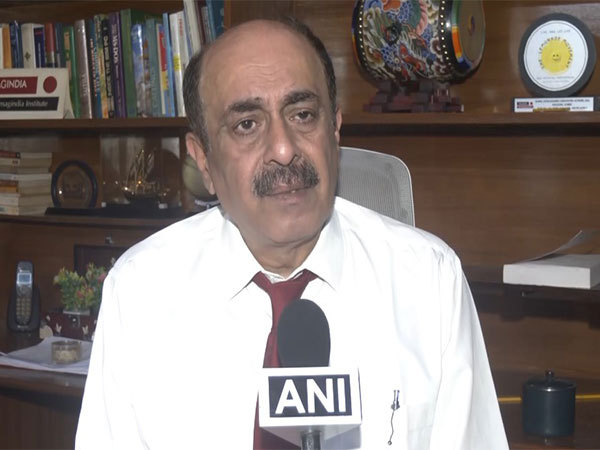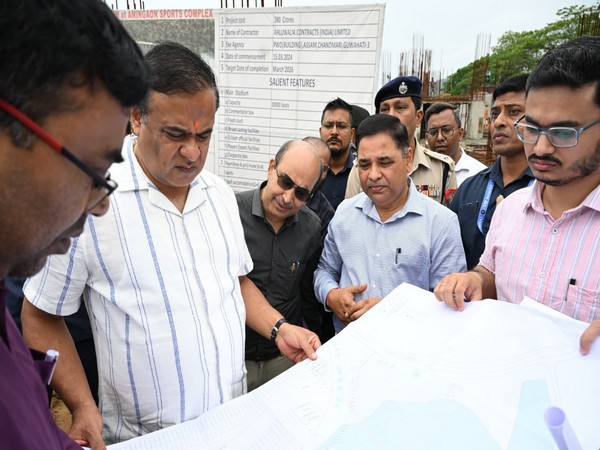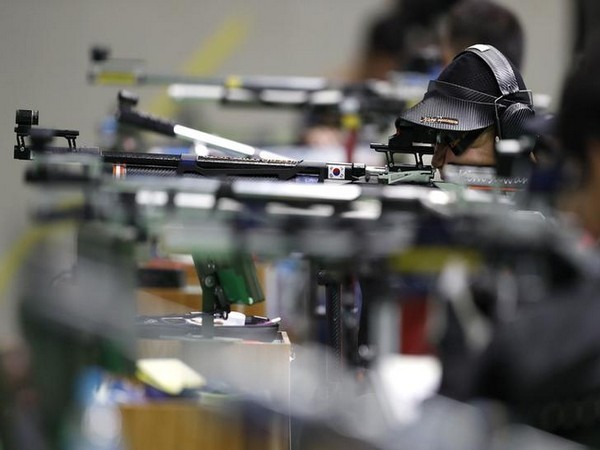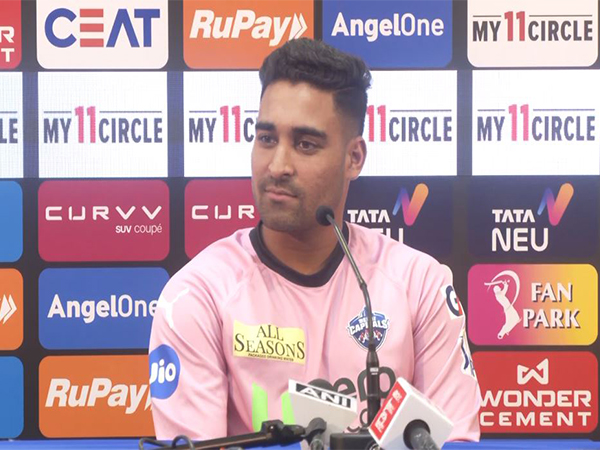New Delhi [India], May 17 (ANI): Foreign Affairs expert Robinder Sachdev has weighed in on three major developments following heightened tensions between India and Pakistan: Prime Minister Shahbaz Sharif’s acknowledgement of an Indian missile strike on Nur Khan Airbase, India’s evolving retaliatory doctrine, and the government’s decision to send an all-party delegation abroad to counter Pakistan’s global narrative.
In a series of remarks during an interview with ANI, Sachdev outlined the strategic significance of the strike, emphasised India’s firm security posture, and welcomed the move to engage international stakeholders through unified political outreach.
In a development that has sharpened regional fault lines, Sachdev has said that Pakistan Prime Minister Shahbaz Sharif’s public admission of an Indian missile strike on the Nur Khan Airbase marks a significant escalation and represents a direct hit to Pakistan’s military nerve centre.
“For Shahbaz Sharif to acknowledge the fact that India’s missile hit Nur Khan Airbase is a big thing. Chaklala Nur Khan Airbase is a terrorist hub – it is right next to Islamabad International Airport. All VVIP flights of the Air Force, military, chiefs, Prime Ministers, fly out from here. The Pakistan Air Force has a Coordination Hub located there, as well as the Intelligence Gathering Unit – this area is the ‘nerve centre’ of the Pakistan Air Force. The fact that Shabaz Sharif is confirming an attack on this area, indicates that India has jabbed Pakistan straight in its heart. 2 cars have come under attack, as well as an oil tanker, as well as other things. To acknowledge this is a great deal, and this indicates that India has immense precision and reach, and that this is a clear message to the country – it is a big statement,” Sachdev said.
He emphasised that the area is not just symbolically important but houses critical infrastructure of the Pakistani military. The admission by Sharif, he said, not only affirms India’s precision capabilities but also demonstrates a firm shift in New Delhi’s security posture, one that does not shy away from hitting high-value military targets when provoked.
Turning to India’s overall messaging to Pakistan, Sachdev asserted that the time for ambiguity is over, and a firm retaliatory doctrine is now in play. “The end game is that Pakistan must learn that they need to live and let live. As long as we are living, we will let them live. If they do something like this, we will not ignore it,” he said during the interview with ANI.
He continued, “How and when this is achieved depends on Pakistan’s ruling elite and their behaviour and understanding towards where they cannot go, when and where that path will show, if we need to sit down for these discussions or not will be seen by our governments. These talks will happen on a bilateral basis. However, Pakistan will have to realise that they need to live and let live. Enough is enough, it has been long that they have been making others’ lives difficult. Until Pakistan reaches this understanding, unfortunately, it is a long road. We will follow our doctrine of ‘tit-for-tat, plus’. If you hit us once, we will hit back equally, but harder.”
Sachdev made it clear that New Delhi’s response to provocations would be measured but uncompromising — if India is attacked, it will respond harder. The “tit-for-tat, plus” policy reflects an evolved security doctrine with more assertive posturing than in previous years.
Addressing India’s move to dispatch an all-party delegation abroad to counter Pakistan’s narrative, Sachdev welcomed the step and said it should have been undertaken earlier. “Whatever messages Pakistan has spread about Kashmir around the world as well as India are mere misunderstandings. World leaders know the truth behind these claims – governments know about these claims. The American government, the British government, the UAE – they know, however, the mass populations of these countries don’t know much about it. They feel that something negative is always going on, that there are a lot of conflicts in India. Things are reported in the same way in the Western media as well,” Sachdev said to ANI.
“This kind of an all-party delegation is extremely important because they will meet with multiple alternate opinion leaders over there, as well as lawmakers and think tanks and media, and will present India’s situation in front of them, and this is a very important step. This move should have been taken by India’s government before, but the recent atrocity calls strongly for it. See, our embassies are already working on this, but other than the embassies, when the United Front is a bigger message. It is not just the current ruling party in the government that is calling for this, no – the entire country, including the Opposition, is saying that what Pakistan is doing with India is something that we cannot tolerate, and that Pakistan will have to change its ways. The world’s governments are putting pressure on Pakistan from different angles. I think this a crucial move.”
Sachdev concluded that the all-party nature of the delegation sends a powerful signal to international observers — that India is unified across political lines in its response to cross-border terrorism and its stance against Pakistan’s continued provocations. (ANI)
Disclaimer: This story is auto-generated from a syndicated feed of ANI; only the image & headline may have been reworked by News Services Division of World News Network Inc Ltd and Palghar News and Pune News and World News
HINDI, MARATHI, GUJARATI, TAMIL, TELUGU, BENGALI, KANNADA, ORIYA, PUNJABI, URDU, MALAYALAM
For more details and packages
















